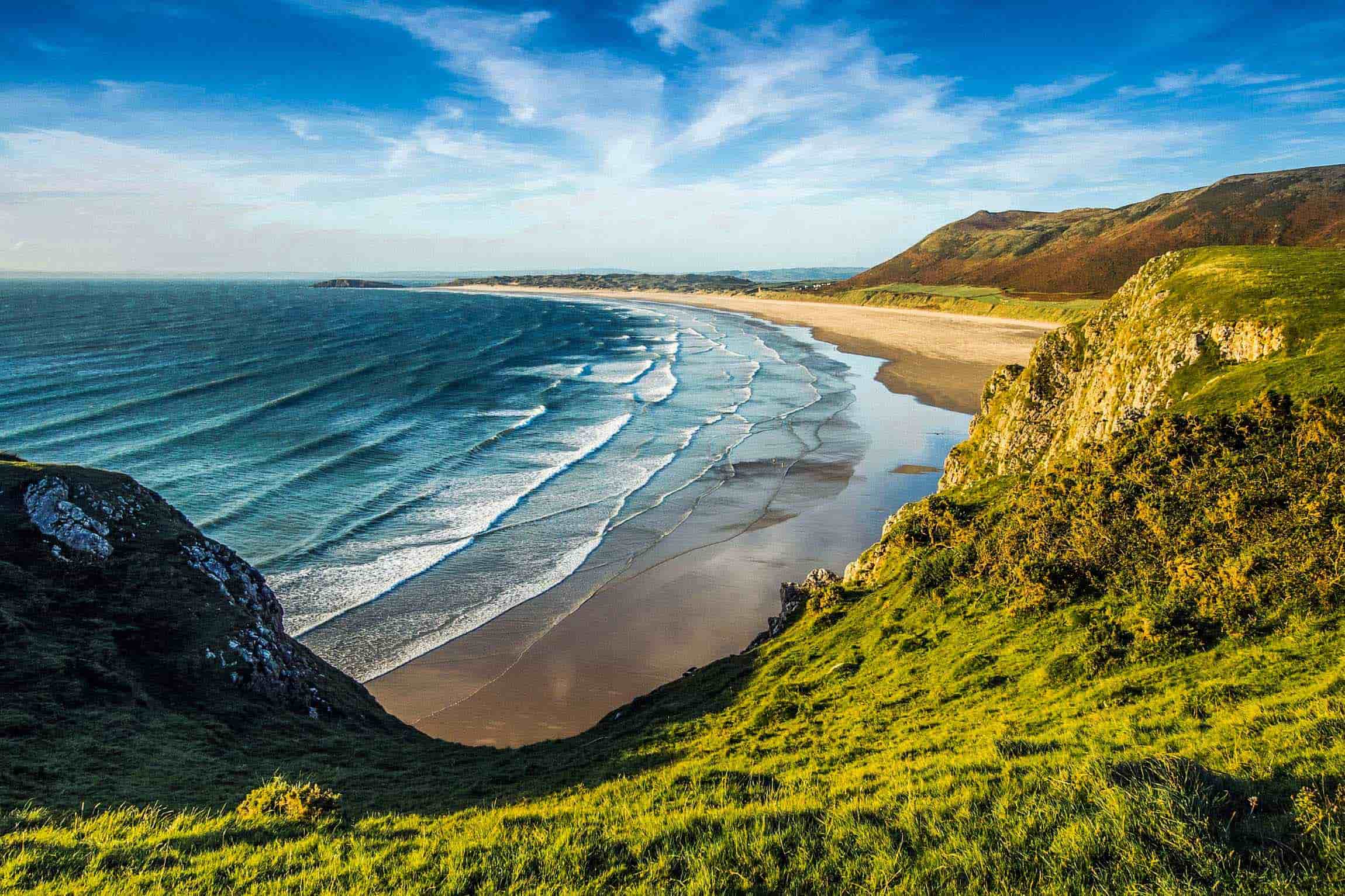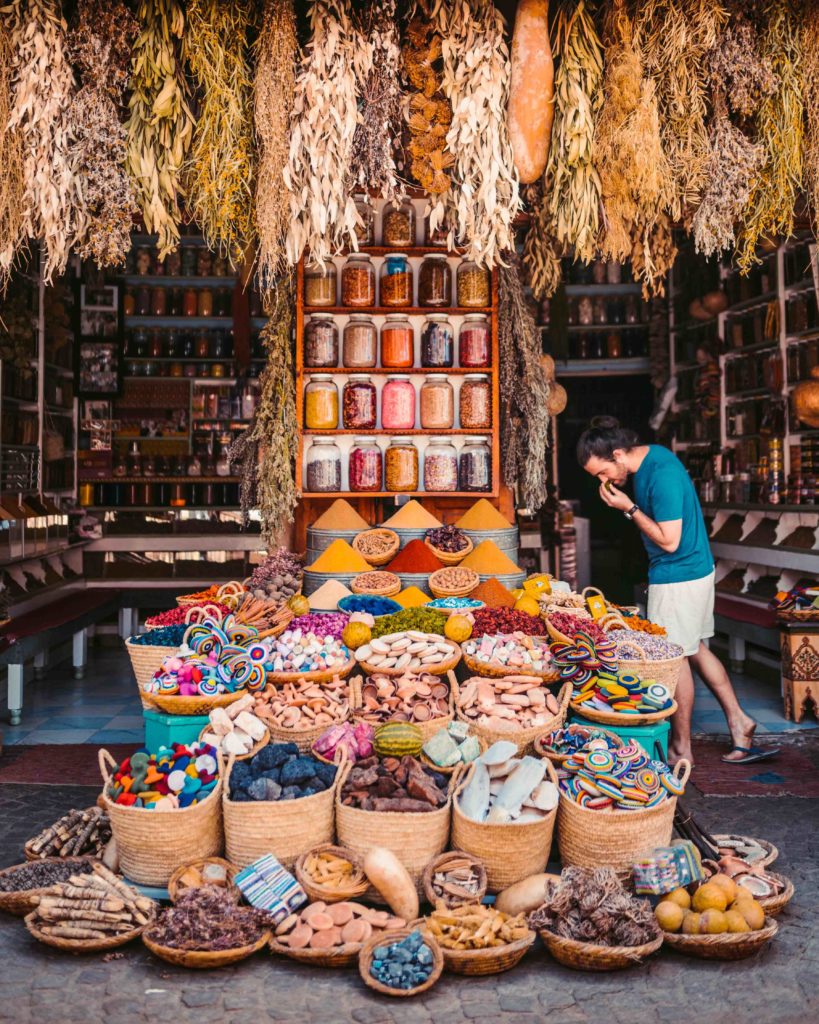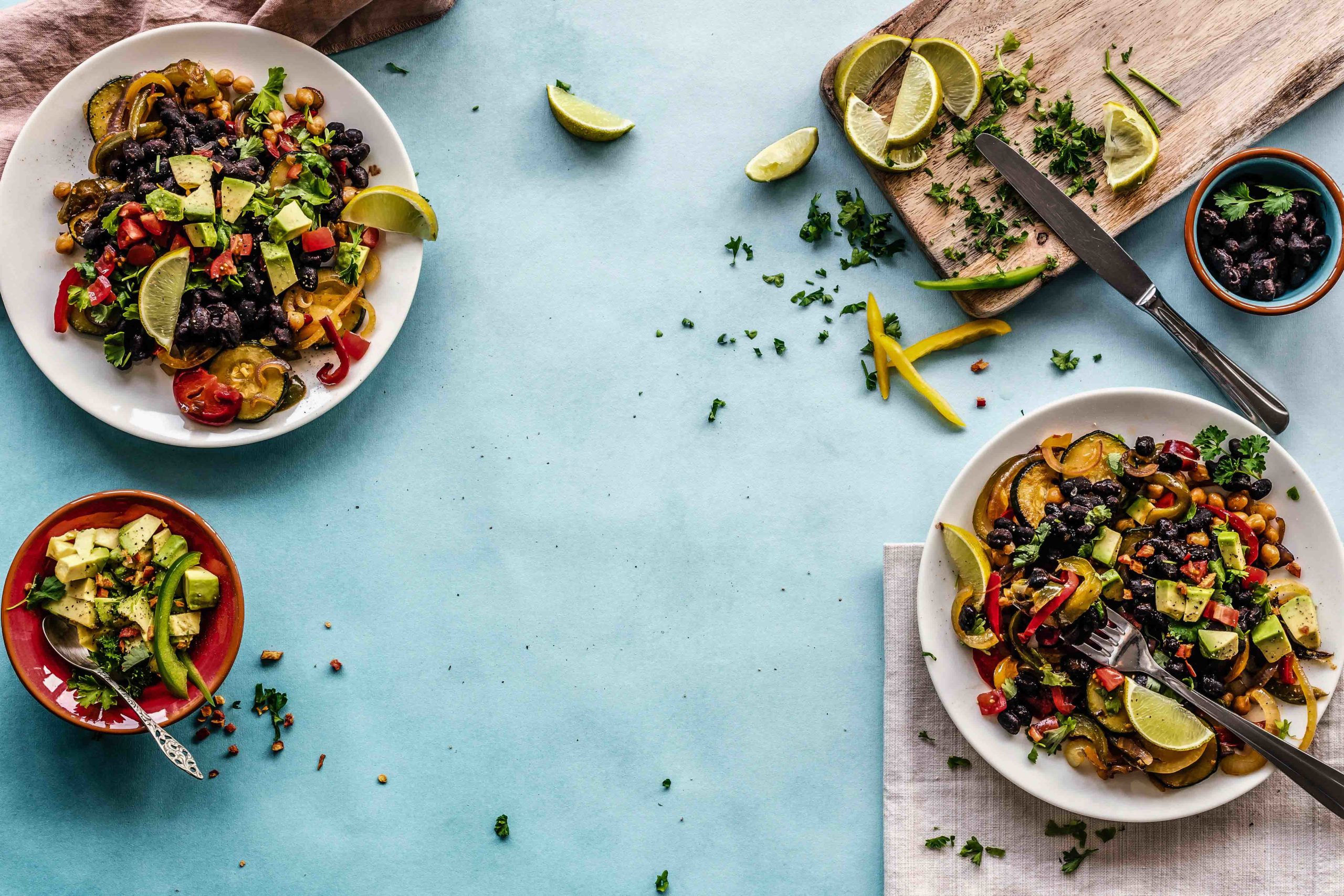Features to start

Morocco’s cuisine origins are intricate within the country’s history. Probably like all cuisine within the world. the most cultural and historical influences chronologically are:
Berber
The Berbers, Morocco’s first inhabitants are liable for culinary methods and practices that are still alive today. They introduced the tagine utensil quite 2000 years ago and are actually liable for the slow cooking and well-known cooking practice. The Berbers also are in charge of the common meat preserving technique still present in Morocco (such as ‘khlii’) and have abundantly integrated to their diet some crucial ingredients to Moroccan cuisines, like couscous, chickpeas, and beans.
Arab

The arrival of the Arabs within the 7th century has significantly influenced Morocco’s culinary heritage. In fact, the Arabs are those who brought the famous spices from China, India, and Malaysia like cinnamon, ginger, paprika, cumin, and turmeric. Influenced by the Persians, they also brought nuts and dried fruits, which allowed the sweet and sour combination, still present in tagines and dishes like Bastila. At that point , the existence of a wealthy and grand Moroccan court – through the rulers of the most existent dynasties (Almoravides, Almohades, Merinides, Saadians) – was crucial to the elaboration of the Moroccan cuisine so as to please the ambition of the courts within the four imperial cities (Fes, Meknes, Rabat, and Marrakech).

Moorish
Due to Morocco’s geographical location, the Moors, (Muslim inhabitants mainly based within the Iberian Peninsula within the 8th century) from Spain had a robust impact on Moroccan cuisine. they’re liable for the increased production and use of olives and vegetable oil and therefore the settlement of citrus gardens and fruit-bearing trees. The Moors population was followed by the Jewish-Moors who introduced pickling and preserving fruit and vegetable techniques.
Ottoman
The Ottoman presence within the countryside introduced grills and barbecues (kebab) to Moroccan cuisine.
French
The French colonized Morocco in 1912 and brought with them a culture of cafés, wine, ice cream, and patisserie.
Morocco’s geographical position and shut historical relationship with other populations have made Moroccan cuisine a singular melting pot of the many cultures and traditions. The historical influences, the ambition of the courts within the imperial cities but also the natural inland resources have allowed Moroccan cuisine to become a pleasant culinary experience

Address: 86 Lot Hiba, 30000, Morocco
Phone: +212 613-504732
Email: moroccoclassictours@gmail.com
SITEMAP

